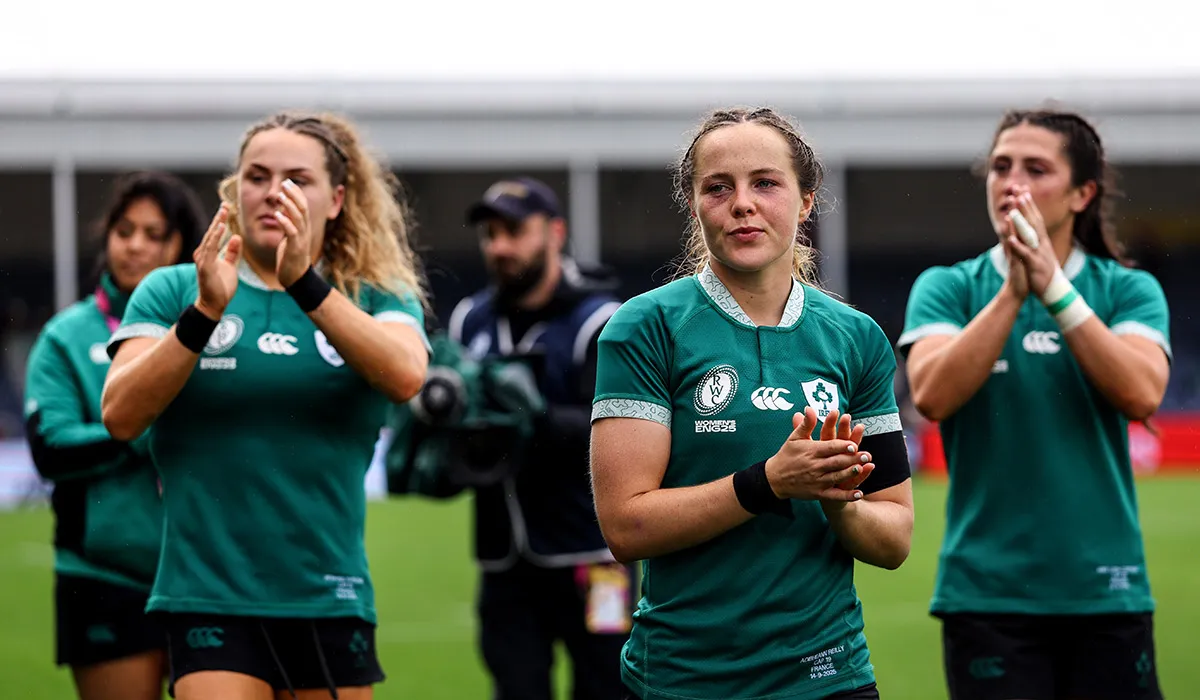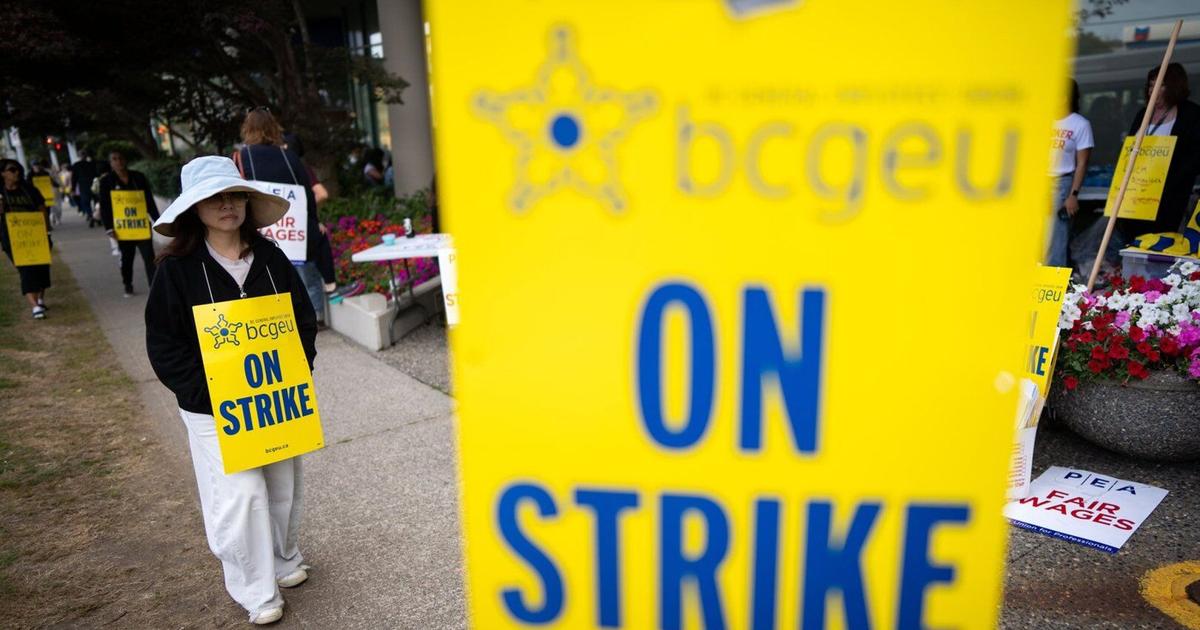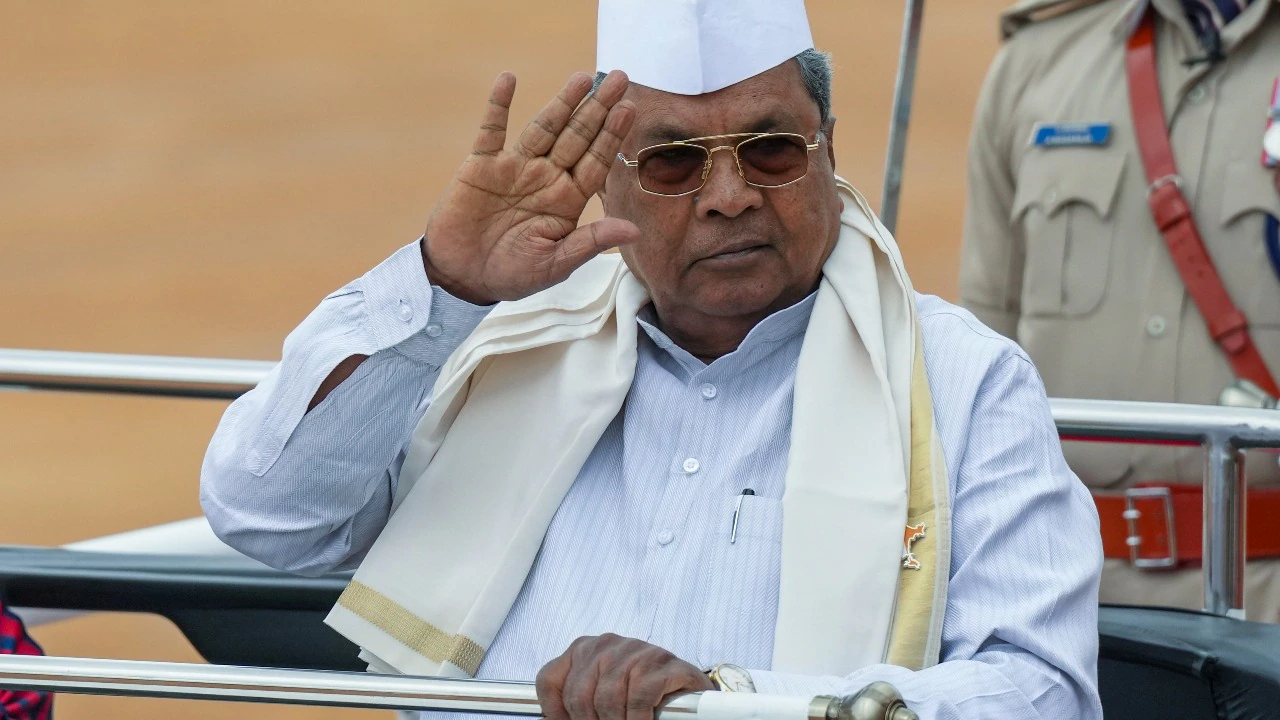By Rory Keane
Copyright evoke

There were scenes of utter devastation following the final whistle on Sunday afternoon when Ireland missed out on a semi-final spot in the Women’s Rugby World Cup.
Ireland couldn’t make the breakthrough and, after a heroic and battling display, will be left to ponder many what ifs. Ultimately, this Irish team know, despite all the errors and misfortune, that they did more than enough to win that game.
It would have been a stunning achievement if Scott Bemand’s troops had managed to see this one home. It would have been a first-ever World Cup victory in a knockout game, for either the women’s or men’s national sides, at senior level. It would have been Ireland’s first win against France since 2017. And, don’t forget, 22 out of the 23 players in Sunday’s match day squad were playing in a maiden World Cup.
Considering the morbid state of the women’s game up until recent years, this World Cup campaign should be considered a success. But it can’t be the apex.
The key now in the years ahead is to build on these foundations. This tournament is now the baseline for this team. The potential in the women’s game is enormous. The key is to harvest it in the years ahead, beginning with resources.
IRFU CEO Kevin Potts, performance director David Humphreys and Lynne Cantwell, now set to begin her newly-created role as women’s high performance manager, were all in attendance on Sunday.
The three major power-brokers in the women’s game will be sitting down for some serious talks in the months ahead. The arrivals of Potts and Humphreys in their roles a few years ago signalled a major change in relations between the union and the women’s game.
Fresh, serious resources were injected into the programme while the overall tone was far more positive and conciliatory. It’s clear that this investment will continue.
News that Ireland will play a stand-alone Six Nations game against Scotland at Aviva Stadium next year is a huge statement of intent and fresh evidence that the women’s game is no longer a political, box-ticking exercise. It’s grabbing people’s attention and there is money to be made from investing in it.
Bemand has done superb work since he became head coach in 2023. The Englishman is contracted until the end of next season and he signalled his intention to continue in the role, taking Ireland towards the 2029 World Cup in Australia, after Sunday’s game. The IRFU need to back Bemand early ahead of the next World Cup cycle and allow him to build a strong backroom team.
James Scaysbrook was Ireland’s third defence coach in as many seasons. Not ideal. Alex Codling, the highly-rated forwards coach, is linking up with Munster. The futures of kicking coach Gareth Steenson and scrum coach Denis Fogarty remain uncertain. Getting Ireland’s coaching team nailed down ahead of that massive first-round Six Nations clash with England at Twickenham next April will be vital.
Infrastructure
It will be fascinating to see how Cantwell fares in her new gig. The former Ireland centre clearly had a huge impact during her time running the women’s programme in South Africa; they were the big success story of this World Cup. Top of Cantwell’s priority list is implementing some kind of professional domestic competition to facilitate Ireland’s top players.
The IRFU have been bullish in their ambition to have all four provinces go professional in the next four years. Ensuring there is a top-class tournament, be it a Women’s URC, Anglo -Irish League or some other guise, will be paramount.
The current structure — and we use that term very loosely — at club level is not fit for purpose. Housing the majority of the contracted players at the HPC in Abbotstown with the Celtic Challenge competition, featuring substandard representative sides from Wales and Scotland as opposition, is hardly ideal.
The Women’s All-Ireland League and interpro tournaments are outliers in the grand plan. Meanwhile, a host of top players have left for England in search of a stronger domestic competition. Aoife Wafer, who is joining Harlequins, is the latest high-profile player to make the switch. Cantwell has a big job on her hands.
Inspiration
It’s a hard thing to quantify but this Irish team inspired the next generation of young women last weekend. The sight of Aoife Wafer, playing her first competitive game since April, go the duration in a heroic performance was inspirational.
Irish players ambled into the post-match mixed zone bearing the scars of a brutally physical World Cup game. Again, it was an inspiring sight. Aoibheann Reilly sported a shiner under her right eye. Niamh O’Dowd arrived to speak to the media looking like she had gone 12 rounds with Katie Taylor.
It was scant consolation to Ireland’s terrier-like loosehead prop in the aftermath of such a heartbreaking defeat, but O’Dowd could take comfort in the fact that thousands of young girls, across the country, spent Sunday afternoon screaming at the TV.
‘That’s our kind of higher purpose,’ an emotional O’Dowd noted. ‘If we can inspire one or two little girls at home that’s the job done for us. As well as that, the supporters who came over, and who came over for the pool games as well, we’re so grateful. We literally hear every single one of them, yeah. It honestly means so much to us.’
Ireland stand to reap those rewards down the line. This young team has shed the plucky underdogs tag. They have the capacity to challenge the established global order in the coming years. Here’s hoping the IRFU continues to back them.



